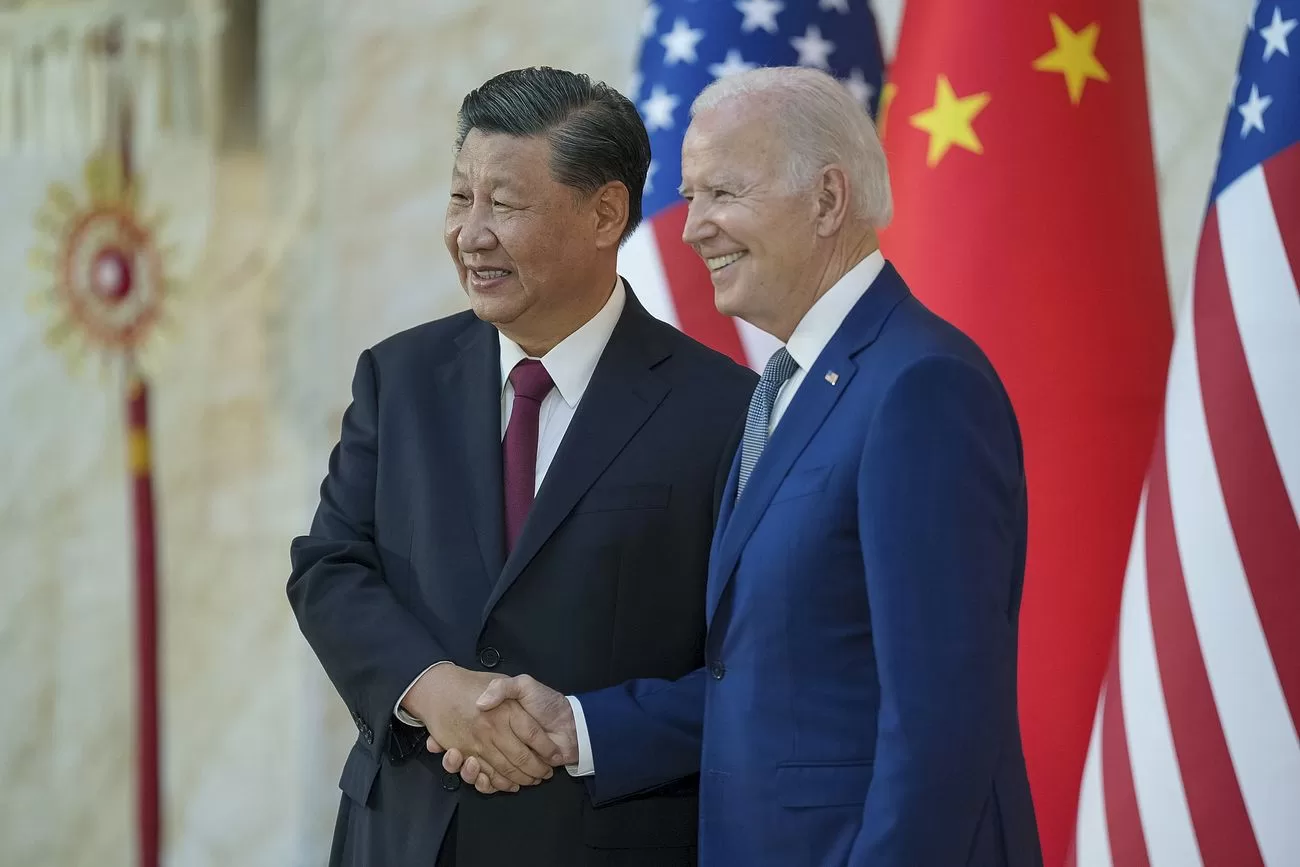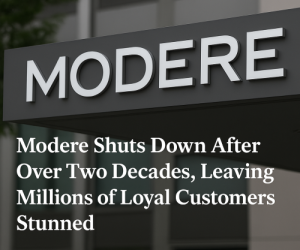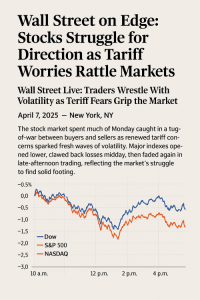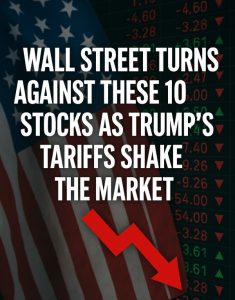U.S., China Step Back from the Brink, Entering a New Era of Economic Warfare

U.S., China Step Back from the Brink, Entering a New Era of Economic Warfare
Renowned investor Ray Dalio has expressed his belief that the United States and China have avoided the precipice of war, but a new kind of conflict is brewing – an economic one.
Dalio, founder of Bridgewater Associates, the world’s largest hedge fund, made these remarks during an interview with Bloomberg Television on Wednesday. He asserted that the escalating tensions between the two superpowers had brought them to the brink of armed conflict, but cooler heads prevailed, preventing a disastrous outcome.
However, Dalio cautioned that this reprieve does not signal an end to hostilities. Instead, he predicts a new phase of competition, one that will play out on the economic battlefield.
“The U.S. and China are now engaged in a different type of war,” Dalio stated. “It’s an economic war, and it’s going to be a long and difficult one.”
This economic war, Dalio believes, will manifest in various forms, including trade disputes, technological rivalry, and currency manipulation. The stakes are high, as both nations vie for global economic dominance.
Dalio’s assessment aligns with the growing consensus among experts that the U.S. and China are entering a new era of geopolitical competition. This rivalry is not merely about political ideologies or military might; it is fundamentally about economic supremacy.
The implications of this economic war are far-reaching. It will impact businesses, consumers, and governments worldwide. Companies will need to navigate the treacherous waters of this new reality, while consumers may face higher prices and disruptions to supply chains.
Governments will also be challenged, as they grapple with the delicate balance of maintaining economic growth while safeguarding national interests.
While the future of this economic war remains uncertain, Dalio’s insights provide valuable guidance for navigating this increasingly complex landscape. As the U.S. and China continue to clash, understanding the dynamics of this new conflict will be crucial for individuals, businesses, and policymakers alike.






